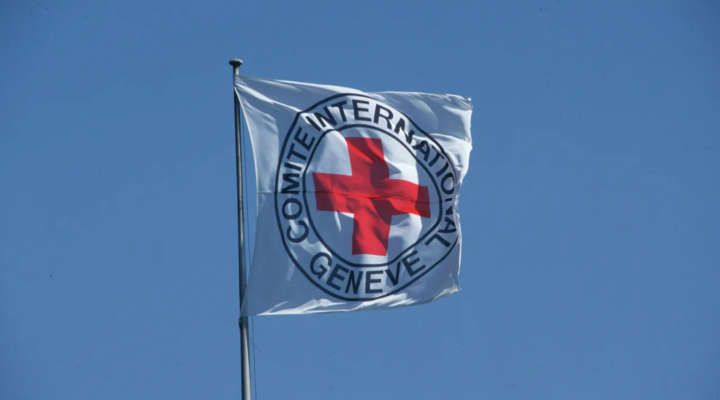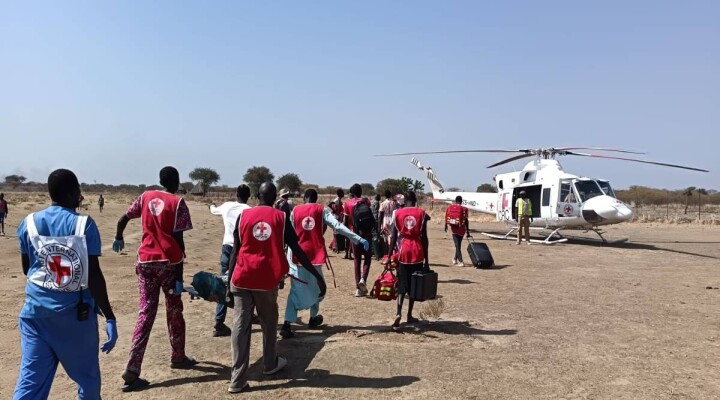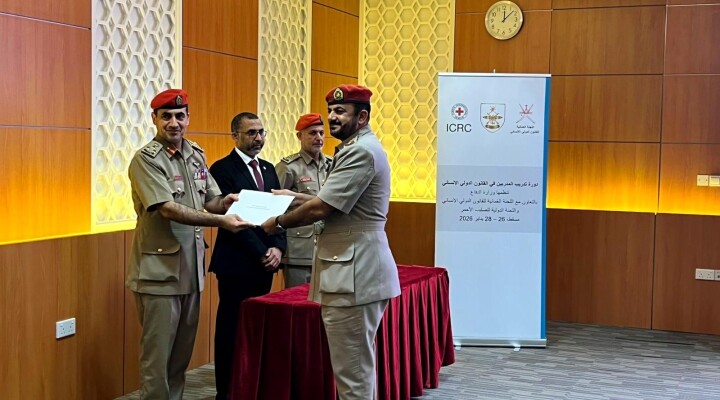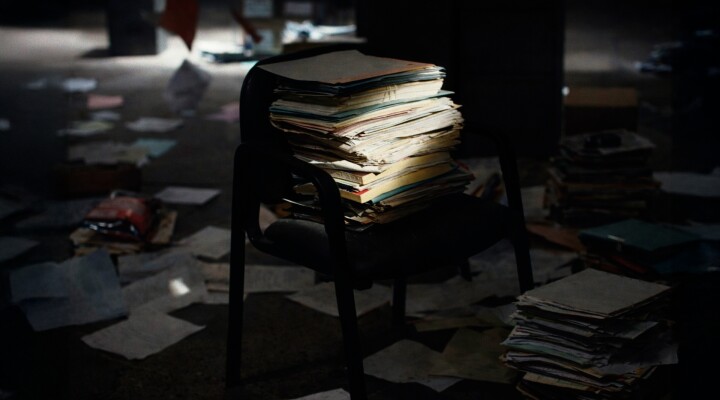Libya: COVID-19 and conflict collide in Libya, deepening the humanitarian crisis
Geneva (ICRC) — War-torn Libya’s COVID-19 cases have increased more than 15-fold in less than two months, spiking from 571 in June to more than 9,000 today. More than half a million people in the country need health care assistance as conflict, COVID-19 and economic collapse threaten to plunge hundreds of thousands of civilians deeper into chaos.
Libya is already reeling from nine years of conflict in which families have been bombed out of their homes, health care facilities have been destroyed, infrastructure has crumbled, and the economy has collapsed. Peter Maurer, President of the International Committee of the Red Cross (ICRC), this week visited communities in Benghazi and Tripoli that are reeling from the consequences of conflict and a growing COVID-19 pandemic.
“We drove along a really long frontline, which every house, every sign of infrastructure—shops, gas stations, water supply systems—are destroyed,” said Mr Maurer in a former frontline neighbourhood in Tripoli. “And I have been listening to families who have been displaced, who have been separated, who suffered from the accumulated impact of the war, but also of COVID-19 because children can’t go to school and aid is badly lacking.”
Shifting frontlines have sparked new population movements, with new waves of families being displaced as others return home, often to find their neighbourhoods destroyed and littered with unexploded munitions that could cause life-altering injuries or death.
“We were tired in Tripoli,” said Salma Hasan Ramadan, a displaced resident. “We stayed a year despite the fighting. Some armed men came three days before Ramadan and asked us to go out. When we got back, we found nothing. I borrowed this shawl from a friend. All my clothes were taken and put into bags and stolen and the rest was set on fire.”
At the same time, infrastructure is falling apart across the country and leaving people with little electricity, drinking water, sanitation or medical care in the middle of a growing COVID-19 pandemic. This can be seen at Al-Sabri sewage station in Benghazi, which was damaged in the war.
“As many pumping stations in Al Sabri and Benghazi as a whole, it has been heavily affected by the fighting and today destruction is wide-spread, and the neighbourhoods are struggling to get their sewage and water system again back on track,” said Mr Maurer.
Whether in former frontline areas or neighborhoods suffering from broken infrastructure, many Libyans are struggling to make ends meet, a challenge made even harder by COVID-19. Salah Sead Saleh used to wake up at 3 am to catch fish, which he would then sell to provide for his family.
“The work was very good, and the income was good,” he said. “I bought a car and secured my family's expenses. I am a fisherman with 25 years’ experience in fish. When the fridge was damaged, my hopes were destroyed.”
Meanwhile COVID-19 cases in Libya are climbing and threaten to overwhelm the country’s war-battered health care system. Hospitals and clinics have been damaged in the fighting, while others were forced to shut their doors because they were close to the frontlines. Other facilities are decaying from underinvestment.
The ICRC, together with the Libya Red Crescent, has continued to respond to the needs of Libyans created by the conflict and the COVID-19 pandemic. This includes working to rehabilitate the Al Sabri sewage station and other water and sanitation facilities as well as health care facilities. Nearly 93,000 people have received food parcels. Around 100 hospitals and primary health care facilities were given medical supplies as 300 health care workers were trained in infection prevention and control.
However, the humanitarian needs are growing as COVID-19 and conflict collide in Libya.
“They are of course happy to have an organization as the ICRC helping them with the first elementary items to restart their lives, but much more is necessary to bring all these people who are so wanting to have a normal life back to a normal life,” said Mr Maurer.
For further information please contact:
Qusai ALAZRONI, ICRC Libya spokesperson, +216 5516 6657, qalazroni@icrc.org
Crystal Wells, ICRC Africa spokesperson, +254 716 897 265, cwells@icrc.org
LOGLIST







